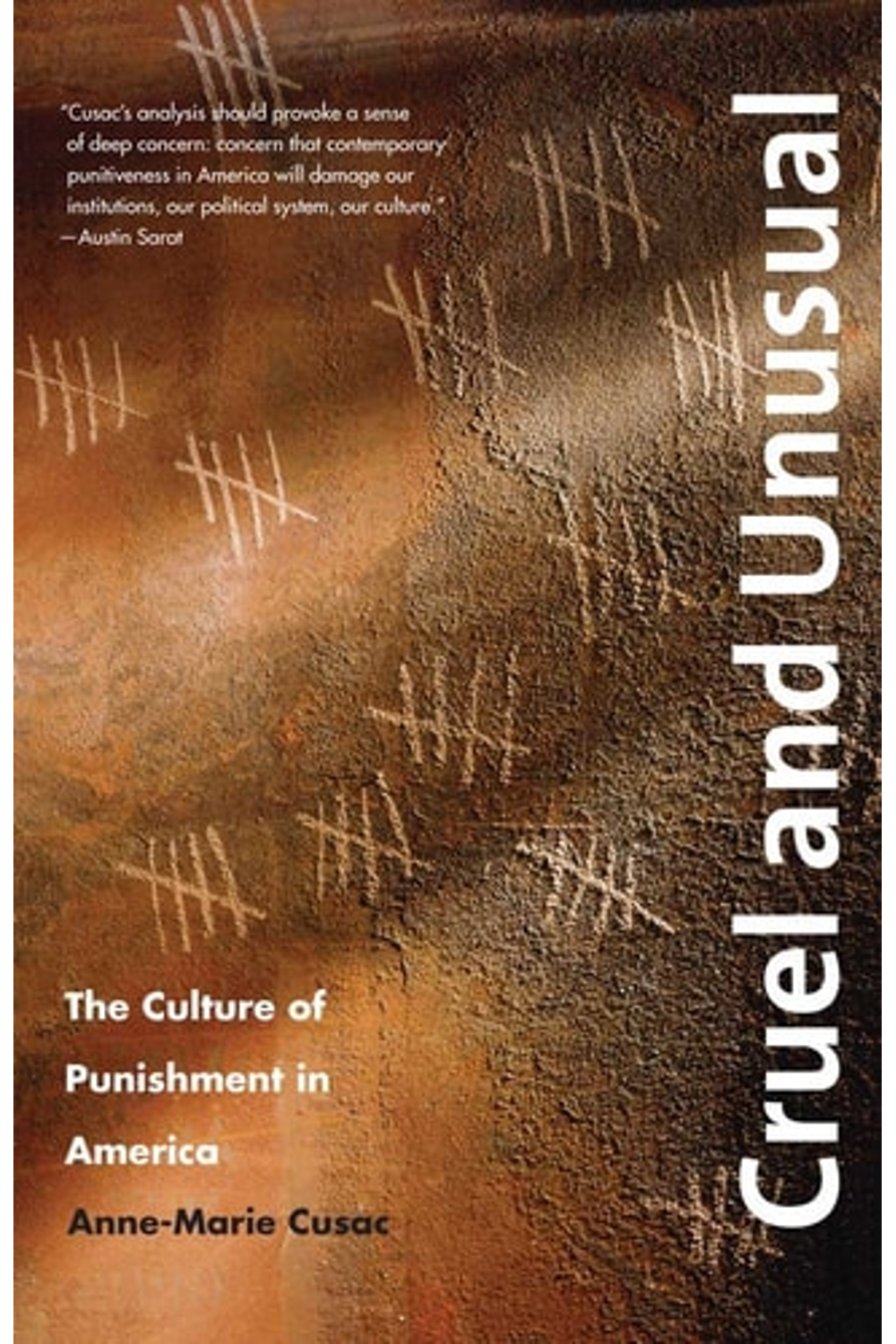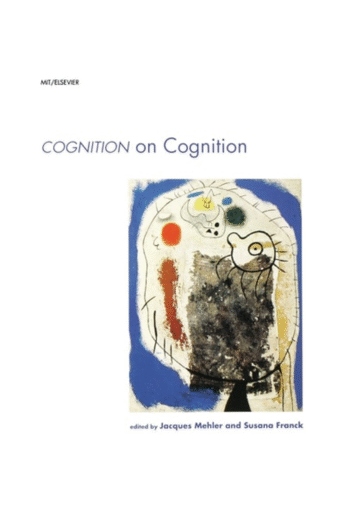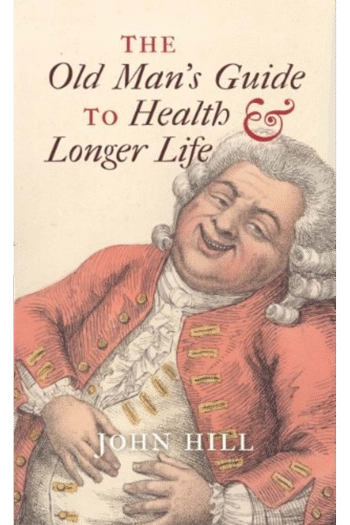Explore America’s shifting attitudes towards punishment with Anne-Marie Cusac’s “Cruel and Unusual: The Culture of Punishment in America.” This insightful book examines the historical evolution of criminal justice, revealing a dramatic departure from early American ideals of rehabilitation to a modern system increasingly focused on retribution. Cusac analyzes the surge in incarceration rates, the controversial use of extreme measures, and the impact of cultural forces from religious beliefs to media portrayals on shaping our punitive landscape. Discover how America’s approach to justice has transformed and what it means for our society. Published by Yale University Press. Perfect for readers interested in history, criminology, law, and the evolution of American social values.
Cruel and Unusual: The Culture of Punishment in America
19,71 $
In stock
Scandals at Abu Ghraib and Guantanamo signal alarming changes in Americas attitudes toward criminals, punishment, and democratic ideals
The statistics are startling. Since 1973, Americas imprisonment rate has multiplied over five times to become the highest in the world. More than two million inmates reside in state and federal prisons. What does this say about our attitudes toward criminals and punishment? What does it say about us?
This book explores the cultural evolution of punishment practices in the United States. Anne-Marie Cusac first looks at punishment in the nations early days, when Americans repudiated Old World cruelty toward criminals and emphasized rehabilitation over retribution. This attitude persisted for some 200 years, but in recent decades we have abandoned it, Cusac shows. She discusses the dramatic rise in the use of torture and restraint, corporal and capital punishment, and punitive physical pain. And she links this new climate of punishment to shifts in other aspects of American culture, including changes in dominant religious beliefs, child-rearing practices, politics, television shows, movies, and more.
America now punishes harder and longer and with methods we would have rejected as cruel and unusual not long ago. These changes are profound, their impact affects all our lives, and we have yet to understand the full consequences.
| Authors | |
|---|---|
| Binding | |
| Condition | |
| ISBN-10 | 0300168012 |
| ISBN-13 | 9780300168013 |
| Language | |
| Pages | 336 |
| Publisher | |
| Year published | |
| Weight | 476 |
Related products
Cognition on Cognition
33,53 $Cheep! Cheep! Chick
33,51 $
- Additional information
- Currencies
- USD – United States dollar
- EUR – Euro
- GBP – Pound sterling
- CNY – Chinese yuan
- BRL – Brazilian real
- MXN – Mexican peso
- JPY – Japanese yen
- PHP – Philippine peso
- THB – Thai baht
- PLN – Polish złoty
- CAD – Canadian dollar
- MYR – Malaysian ringgit
- AUD – Australian dollar
- TWD – New Taiwan dollar
- CZK – Czech koruna
- SEK – Swedish krona
- HUF – Hungarian forint
- ILS – Israeli new shekel
- CHF – Swiss franc
- HKD – Hong Kong dollar
- DKK – Danish krone
- SGD – Singapore dollar
- NOK – Norwegian krone
- NZD – New Zealand dollar





